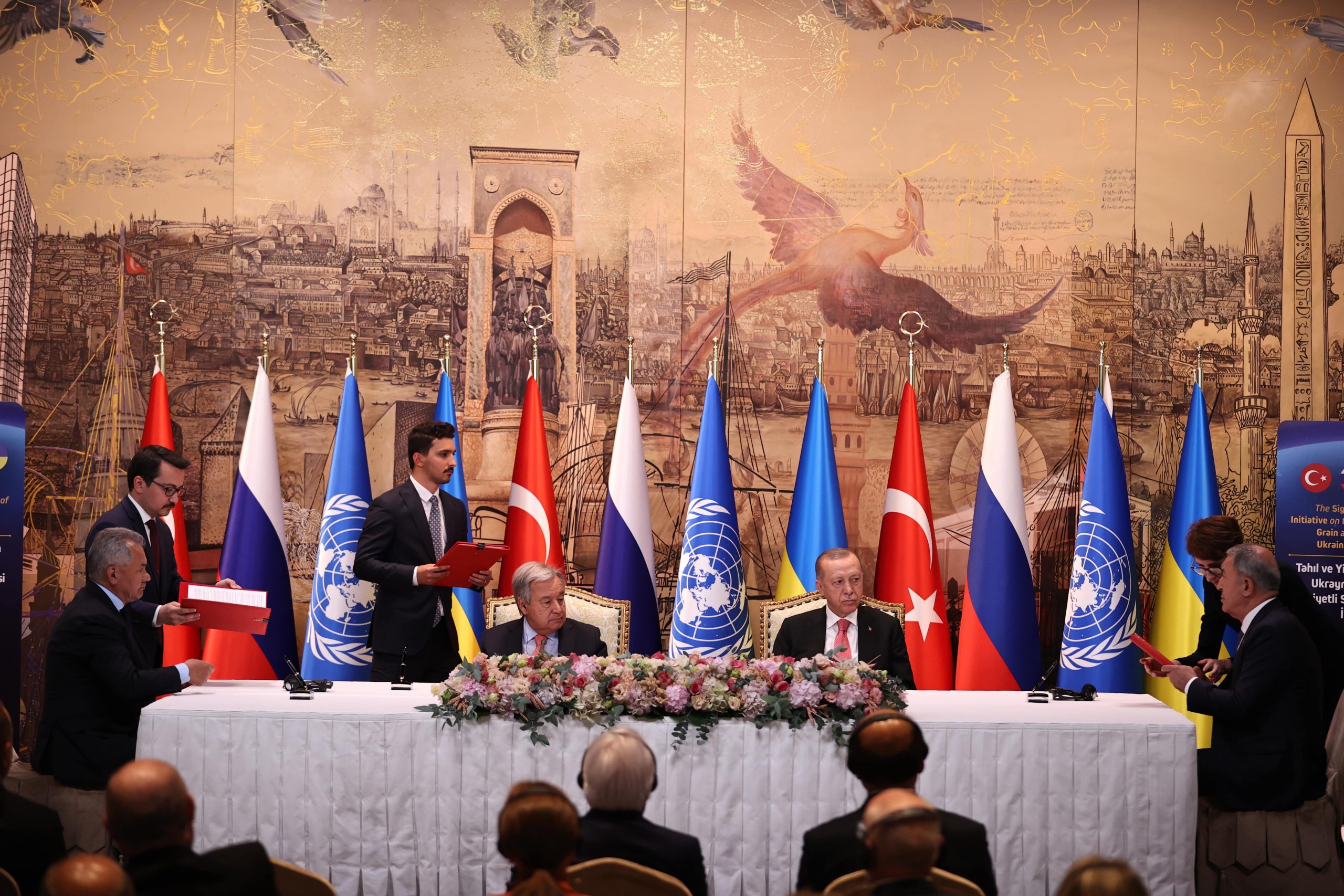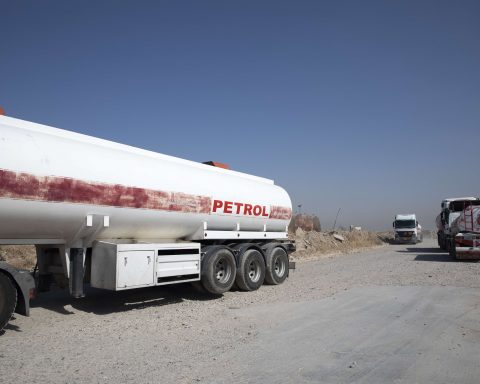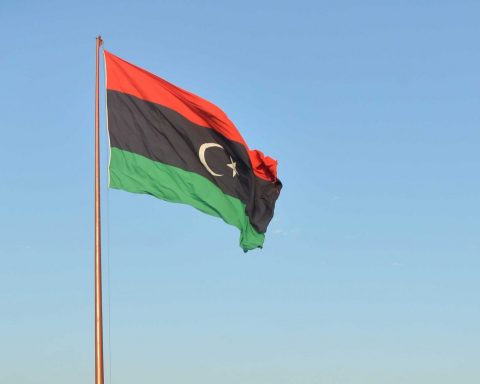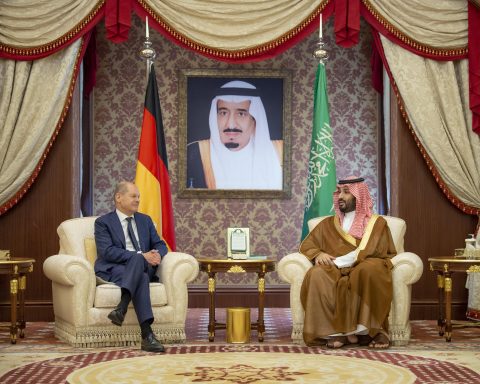Six months have passed since the Russia-Ukraine war began, a war that is reshuffling world affairs’ geopolitical and economic cards. In light of the fog of this war, which is causing regional instability and division among EU leaders, the parameters of a new balance of power, including energy and food security mechanisms across the globe, is being created.
The Russia-Ukraine War plunges the southern countries into the dialectic relationships of north-south dynamics. Consequently, the Maghreb countries on this stance have begun to experience the direct repercussions of this war on their own fragile economies. The majority of the Maghreb countries are now experiencing soaring prices for goods and services, which are having a negative impact on local consumers’ expenditures.
On July 24, the Istanbul Agreement Grain Exports Deal signed between Russia, Ukraine, the UN, and Türkiye sent a ray of hope and relief to millions of people around the world.
Political and economic impacts
How would the Russia-Ukraine war impact the Maghreb region? On the political level, it would not have any direct effect because the political axis’ tactics used by Maghreb countries would continue to flourish accordingly. Since there is no such integral process on the ground, this would create a new dynamic in the conflictual Russia-West relations and eventually in the new regional and world order that would emerge through this endless war.
The so-called Arab Maghreb Union is a farce.
Hence, the impacts of the Russia-Ukraine war would hit mainly the economically vulnerable countries in the region, which are already facing severe socioeconomic problems that considerably affect the purchasing power in these countries. This was mainly due to terrible micro-and-macroeconomic public policies that were put in place in the last decades, adding the direct consequences of COVID-19 on consumers’ pockets. As COVID-19 has impacted the people, there were bold decisions in that regard. There were no salary raises or social programs to boost the local economy or to enhance the purchasing power of millions.
Yet, the national government did timidly support vulnerable families following the high price of cereals; knowing that in these countries, bread is the first and the major ingredient or nourishing item in every household — even though, most of these countries’ governments subsidize sugar, cooking oil, and some cereal items.
This is why they must react quickly in order to avoid any risk of shortage of this product that is considered vital to ensure these countries’ food security and possibly political stability.
In this region, there are rough moments of drought, most notably in countries like Tunisia and Morocco. In agricultural commodities such as pulses, potatoes and fruits, whose prices have been multiplied by three in one year, this cost reduction must go through control of the costs of seeds, fertilizers and water. In a time of war and political uncertainty, this seems very hard to achieve.
For instance, in Algeria, the government is supporting the agricultural sector and applied research in the area. Without urgent measures, the country risks facing an unprecedented and serious food crisis. This problem applies to Tunisia and Morocco, and less to Mauritania because of harsh weather in the interior of the country, Mauritania is focusing on the fishing trade for food security. Libya, like Algeria, is using oil and gas cards, investing fully in the oil sector. Currently, Algeria’s state oil company, Sonatrach, did get fair contracts to develop Libya’s exploration and distribution of oil machinery in a toxic domestic political context.
To a lesser extent, Algeria would be the least of the five Maghreb countries to be affected or severely impacted by the Russia-Ukraine War. The country has the gas and oil cards that will possibly stop the social and economic bleeding that the country’s body has been in for decades. Even Algeria could emerge as a serious actor in the international energy market as an alternative energy supply source for Europe from Russian gas.
How can food shortage play out on social cohesion and political stability?
While the war continues, however, the issue of food supply shortages or even another burden on people’s daily expenses. It is considered an imminent threat. In the short term, the Maghreb countries cannot afford to supply wheat and vegetable oil during the coming severe fall and winter seasons. Maghreb countries, like African countries, are counting a great deal on the blessing of the Istanbul Grain Export Agreement. Another question is whether Tunisians and Moroccans are facing a fiscal policy budget balance to respond to the population’s needs. Tunisia is going to the IMF and Paris Club borrowing to subsidize the state’s main services, plus the political uncertainty following July 25 elections on the new constitution. The outcome of the July 25 referendum has divided Tunisians more than ever, leaving the entire country in a blurry political situation — hoping for help from the Arab Gulf States and investment after the collapse of the tourism sector. This goes for Morocco as well.
How do these countries keep the lid on? For instance, in Tunisia and Morocco, on the eve of famine revolts, analysts are even predicting a scenario à la Sri Lanka, even though Tunisians do not feel like they could rise up.
Algeria, on the other hand, has lately been making economic exceptionalism in the region because of the energy imperatives provoked by the Russia-Ukraine War, which put Algeria in a posture of a game changer in the non-declared economic war between the EU and Russia.
Nevertheless, Algeria is worried about what is taking place in Tunisia and Libya, more or less about Morocco, but it is keeping a wild open eye on the western front. Algeria’s long land borders are burning. Algerian authorities are watching the country’s national security imperatives attentively, trying to position Algeria in a new posture of a stabilizing country in the region, despite the permanent tensions with Morocco.
People in the Maghreb are fed up with the socioeconomic dilemma and political instability in Libya and Tunisia, and the harsh economic crisis in Morocco would worsen the situation. Mauritania seemed safe because of its tribal cohesion and less involvement of the central state in people’s daily lives. Nonetheless, people took to the streets a few weeks ago to protest the skyrocketing cost of living and the 30 percent increase in fuel prices, and the opposition did acquaint the authorities with potentially dangerous riots.
The specter of the food threat
The Maghreb countries have indeed developed an increased dependence on imports from Russia and Ukraine, which now threatens their food security. According to a study by the Tunisian Observatory of the Economy, the Ukrainian and Russian markets account for 80 percent of Tunisia’s cereal imports, despite producing only 43 percent of its cereal consumption. Similarly, 36 percent of Morocco’s wheat imports come from Ukraine and Russia. Morocco is suffering from a wave of drought, which has reduced its agricultural production like the rest of the Maghreb countries, and which is forcing the country this year to import 80 percent of its consumption instead of the usual 50 percent.
The Russia-Ukraine war has just entered the dark room. The food and energy crises could only fuel further the socioeconomic crisis because of the high inflation that is eating up their pockets. Inflation that enflames popular protests could put an end to the existence of the so-called conventional political elite.














